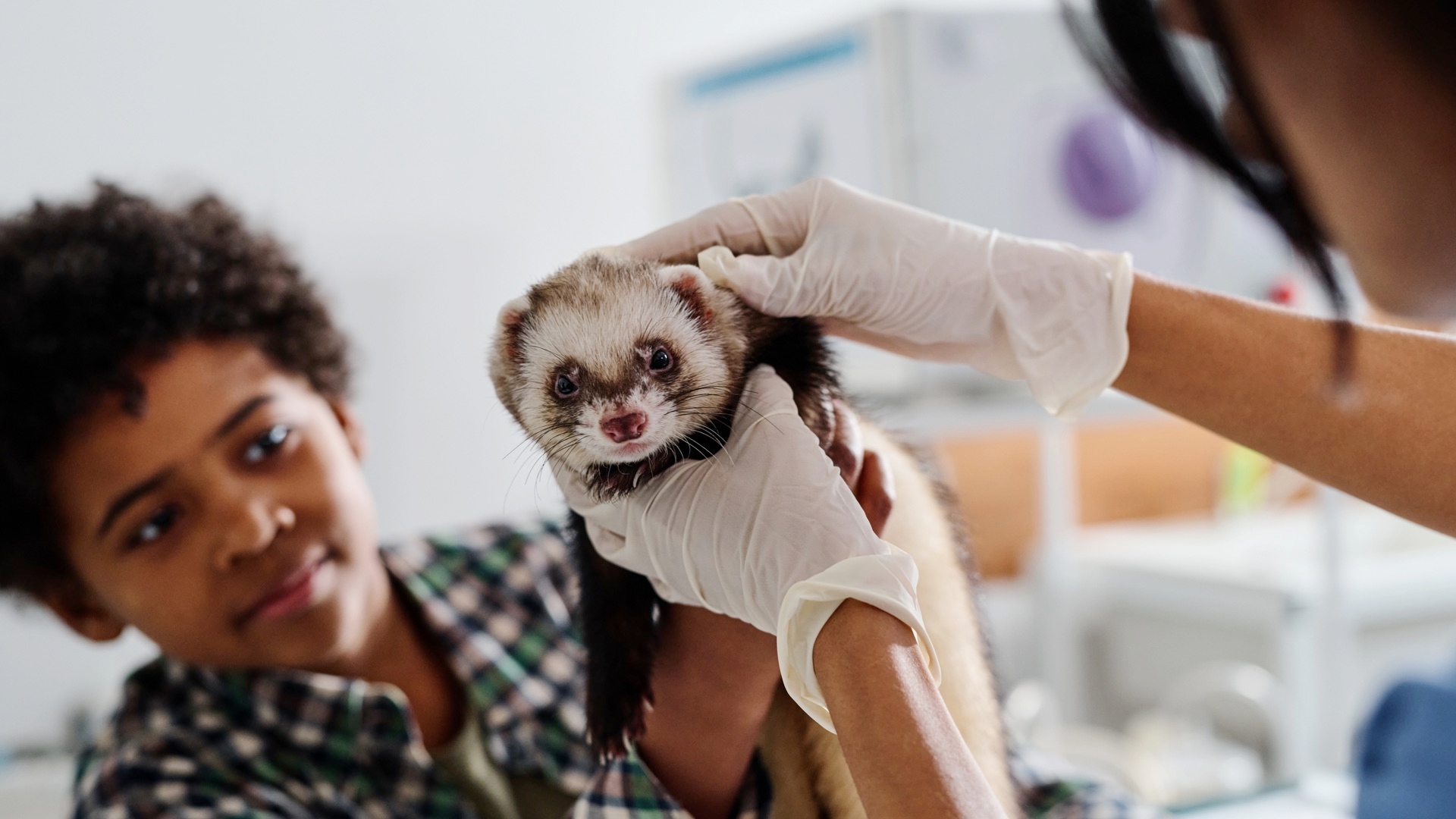Health:
The tag "health" relates to: canine, cat, dog, exotic, pet adoption, pet health, pets, responsible pet ownership, tips, and zoonotic diseases. For more tags, view our complete tag index.
The following blog entries have been tagged "health".

Animals and Rabies
CDC
onIn the United States, more than 90% of reported cases of rabies in animals occur in wildlife. Rabies affects only mammals. Mammals are warm-blooded animals with fur. People are also mammals. Birds, snakes, and fish are not mammals, so they can't get rabies and they can't give it to you. But any mammal can get rabies, including people.

Cat-scratch disease is caused by the bacteria Bartonella henselae. The disease is spread through contact with an infected cat (a bite or scratch) or exposure to cat fleas. It also can be spread through contact with cat saliva on broken skin or mucosal surfaces like those in the nose, mouth, and eyes.

Research has shown that cats can provide emotional support, improve moods, and contribute to the overall morale of their owners. Cats are also credited with promoting socialization among older individuals and physically or mentally disabled people. Nearly 40 million households in the United States have pet cats.

Before buying or adopting a dog or puppy, make sure a dog is the right type of pet for your family. Talk to your veterinarian about the right type of dog for you to make sure the dog you choose fits your lifestyle and needs. Be aware that dogs can sometimes carry germs that can make people sick, even when they appear clean and healthy. Visit your veterinarian for routine care to keep your dog healthy and to prevent infectious diseases.

Feathered pets like parrots can be fascinating additions to the family. Recent estimates say that over 5 million households in the United States have pet birds. Bird owners should be aware that although their pets might be highly intelligent and fun companions, they can sometimes carry germs that can make people sick.

People with weakened immune systems are more likely than other people to get certain diseases, including those that animals can carry. A weakened immune system can be caused by a genetic condition, an illness such as HIV/AIDS, cancer, or kidney disease; or a treatment such as an organ transplant or radiation therapy. In addition, some medicines can weaken the immune system, including steroids, cancer chemotherapy, and drugs used to treat autoimmune diseases like rheumatoid arthritis or psoriasis.




